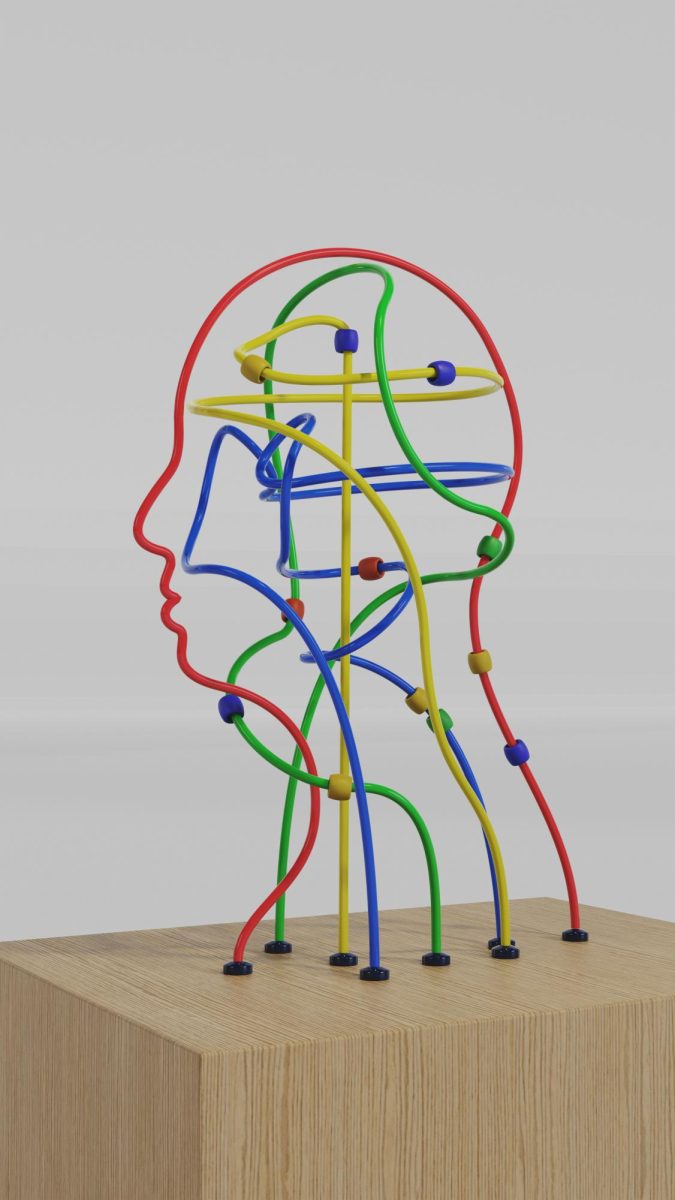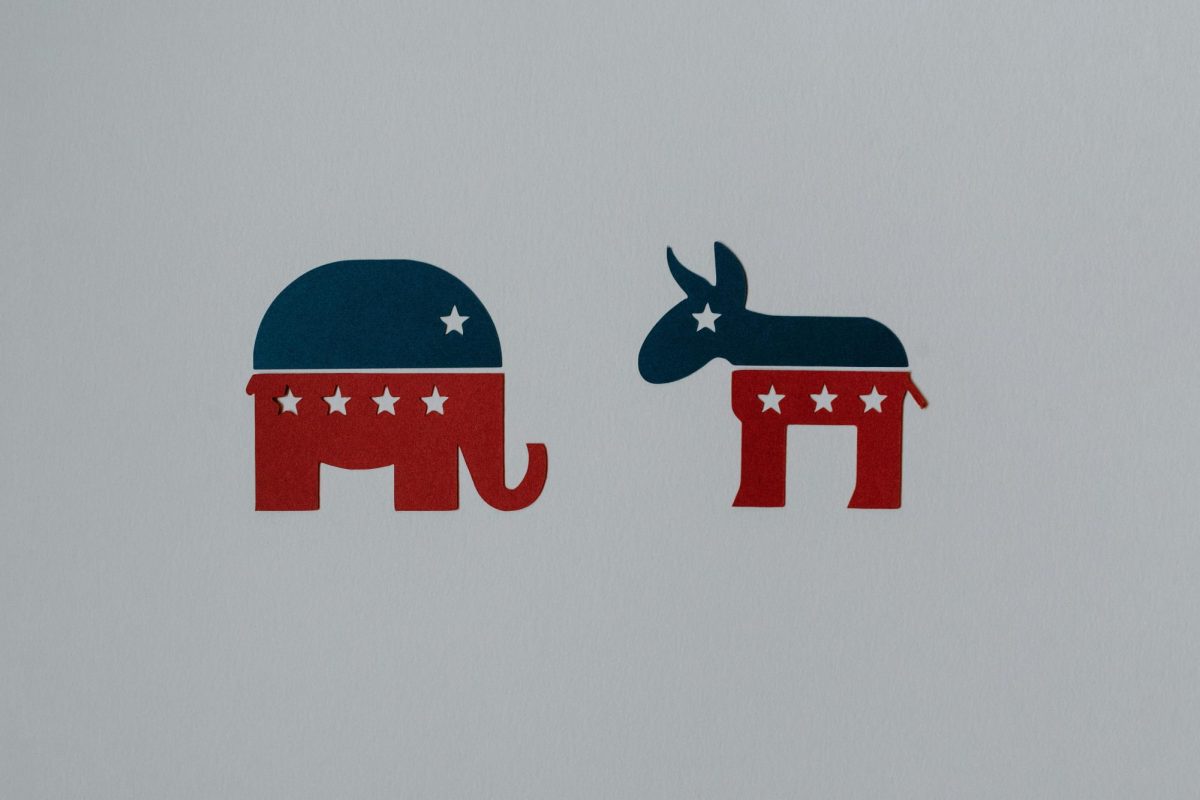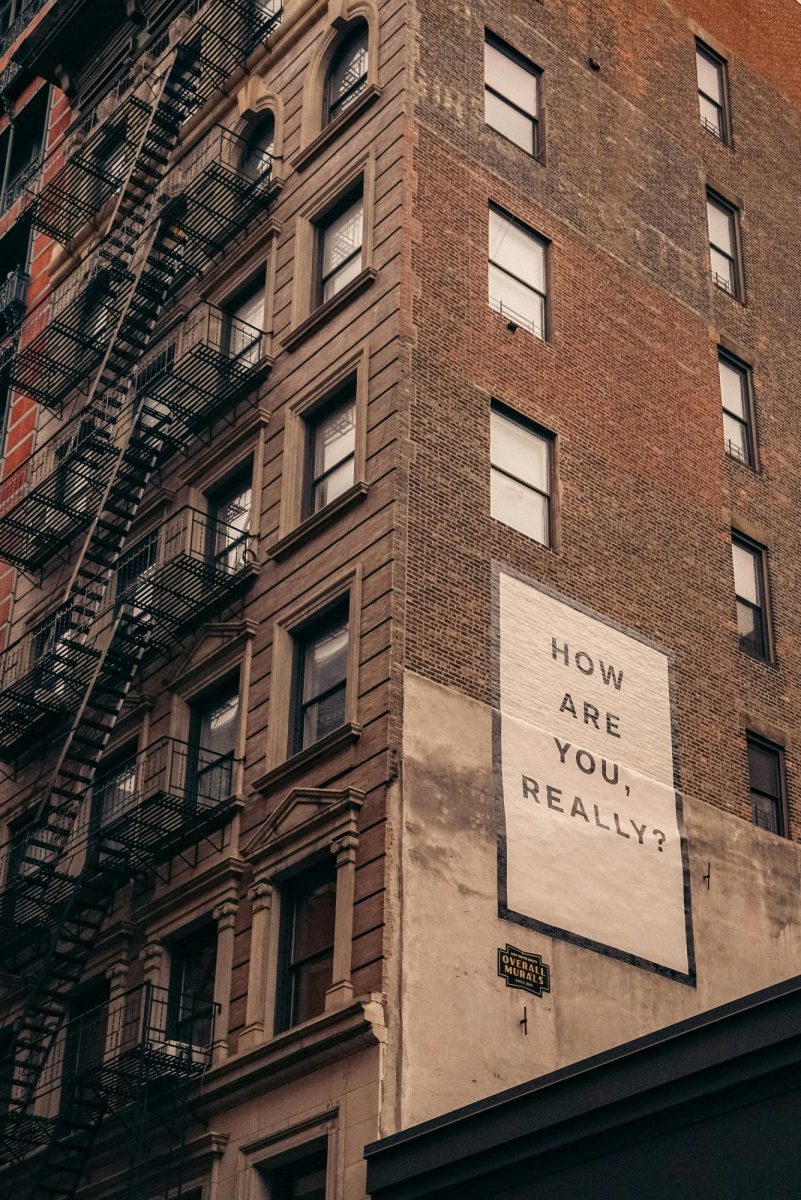(This story was originally published as Cancel Culture and Book Banning: How Mass Outrage has Impacted our Available Media in The Elevator in June, 2022.)
If someone has spent any amount of time on the internet, odds are they have encountered the phenomenon known as “cancel culture.” Whether it comes in the form of mass outrage surrounding a person’s actions, a call for reform in a company, or pressuring a public entity for an apology, cancel culture has become a well known staple of internet platforms like Twitter and Facebook regardless of where someone is on the political spectrum.
Book banning, in contrast, is a conflict that has plagued America since books were first bought and sold among puritans. When books challenged the norm with their themes, language, ideas, or content, backlash inevitably happened, resulting in copies being pulled from the shelves of bookstores and libraries.
Although it’s true book banning and cancel culture are not the same thing, it’s clear the sentiment behind the two comes from a similar place. But are the two more similar than they seem, or are the ideas presented and challenged inherently different from one another?
“They are definitely a part of the same social dynamic,” said Barrett Miller, youth services librarian of the Oregon City Public Library on the subject. It all stems from the question of how people with polarized views can live in a society together. Those who pursue canceling or book banning may make the argument that certain views cannot coexist, or one view is morally superior to another.
Cases of book banning and cancel culture happen regardless of where you are or what the media in question is depicting.
For example, the book “And Tango Makes Three,” a true story of how 2 male penguins raised a chick together, has been repeatedly challenged since its publication. Similarly, Turning Red, a Pixar movie that mentions topics such as puberty and menstruation, resulted in some of the most intense online backlash of any Disney or Pixar movie released in recent years. As a more extreme example, 6 Dr. Seuss books were pulled from bookstores and libraries in 2021 as a result of their outdated and racist imagery.
People have reasons of varying credibility for their opinions, but either way, the sentiment of calling for the removal of a piece of media due to its content is nothing new or exclusive. Book banning and cancel culture have both proved to be very powerful in the media world, whether their effects are considered by most to be unnecessary censorship or justice brought to harmful media.

The Rise of Cancel Culture and its Effect on Book Banning
Defined as “a way of expressing disapproval and exerting social pressure” by the Merriam-Webster dictionary, canceling isn’t necessarily anything new. However, the availability of social media and its mass-sharing potential has brought it to the forefront of people’s minds as of late.
According to a study led by Yale’s William Brady and Molly Crockett, postdoctoral researcher in the Yale department of psychology and associate professor of psychology at Yale respectively, the tendency of social media is to reward outrageous behavior and bold statements.
To test how likes and shares shifted the political tone of conversation across Twitter, the study examined 12.7 million tweets from 7,331 Twitter users using a machine learning software to track moral outrage in the posts.
What the machine found was that incentives such as likes and retweets did influence how radically people posted. Those who received positive feedback for posting outrage were more likely to express that in the future.
As the article reported by Yale explains, the data showcased a “troubling link” to current debates on how social media impacts polarization.
What does this have to do with book banning? A lot, actually.
Due to the rise in social media and the increased ability people have to spread and share information, book banning and book challenges have been on the rise.
According to the American Library Association, in 2021 library staff faced an “unprecedented” number of attempted book bans in every state. Campaigns demanding censorship have been on the rise, especially for books telling the stories of LGBTQIA+ communities or people of color.
The polarization born from complicated issues only exemplifies how certain media can be easily demonized.
“It kinda comes and goes in waves,” Miller said. What books are challenged and canceled depends on what’s going on culturally. In America, it’s easy to see why current events could spur these changes.
Historically, it has been mostly people who are informed or in power that have determined what books make the cut. But with the rapid availability of information, book challenges have come as the result of more and more groups of people making their voices heard.
“Due to the rise in social media and the increased ability people have to spread and share information, book banning and book challenges have been on the rise.”
Who is Affected, Anyway?
The issue of when a book is considered unsuitable for a library or bookstore is complicated. Book banning, although capable of pleasing some individuals, can cause much harm to the reading habits of others.
The removal of a book is not something libraries take lightly.
As Miller explained, “You make that decision based on what value does the book have, who is it going to help, not what might be negative about the book.”
Public libraries tend to focus on who a book helps rather than who it hurts. Books that are frequently checked out stay in the collection, while those who fall by the wayside in terms of use are often removed to make space for new items.
“The library belongs to all of us, we all have a stake in the library, and so that means we need books for everybody,” Miller said. “It doesn’t mean every book is going to be for every person, but every person needs to have something that they can find in the library that is useful and interesting and relevant to them.”
However, the internet is not so forgiving with what it chooses to cancel.
According to a survey by the Pew Research Center in 2020, about 49% of those who were familiar with the term cancel culture described it as a way of holding others accountable. About 14% of adults described it as a form of censorship. 12% categorized it as a mean spirited way to cause others harm.
Although cancel culture can be used as a tool to bring justice to those who deserve it, it has also been compared to cyber bullying by those who were unfairly treated due to misinformation or actions by far in the past.
The difference is that there is no trained individual or authority looking at people online to determine whether they deserve to be canceled. Cancel culture comes as the result of mass outrage online, something that has proven to be very common on platforms like Twitter.
However, given the general internet’s short attention span, it also means that the outrage can come and go quickly before it causes too much permanent harm, especially for big celebrities with diehard fans backing them.
That being said, permanent marks on a person’s online record will always be there to potentially deter employers or investors, whether justified or not. Like books that are censored and never reinstated, not every person or piece of media can bounce back after taking the hit.







